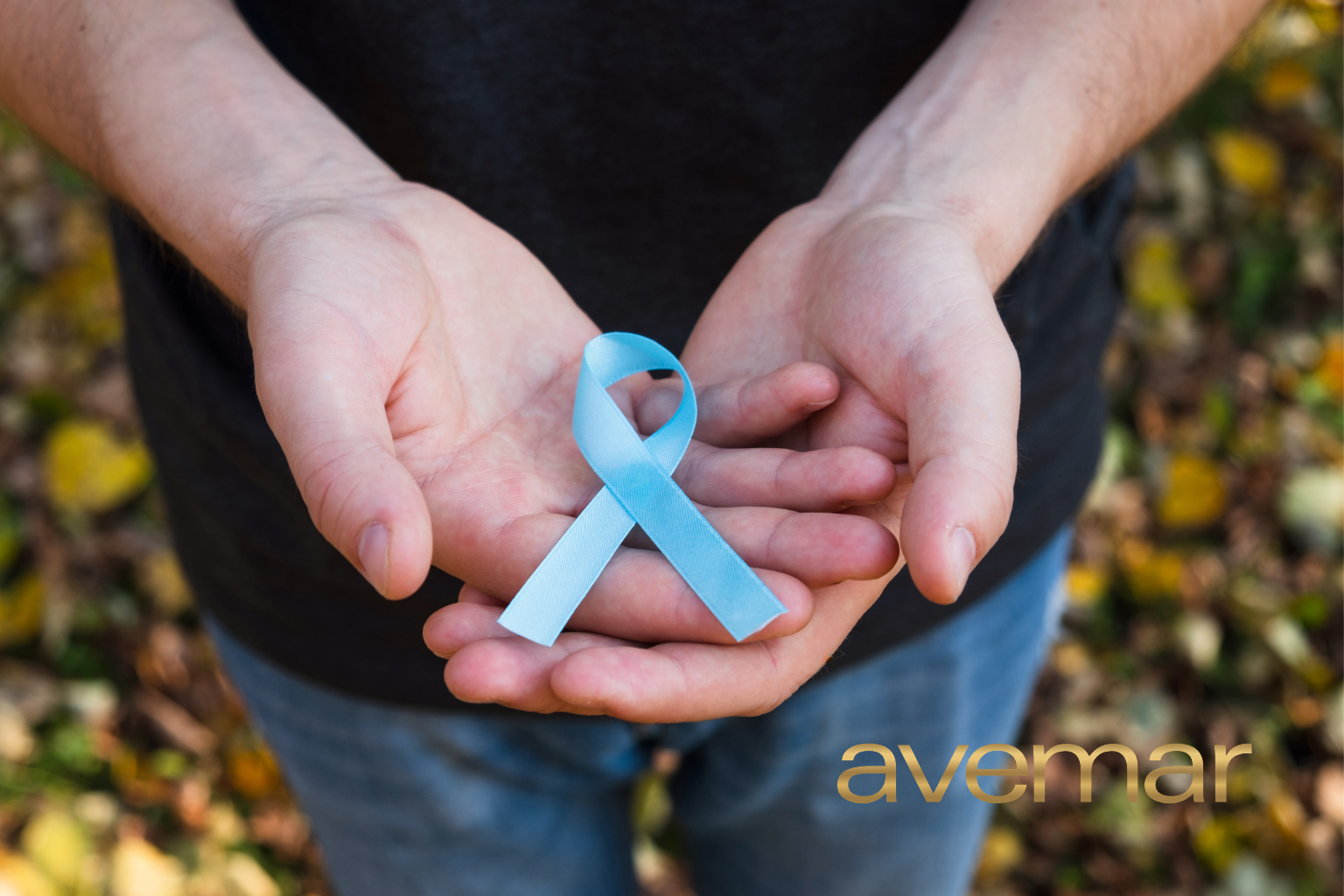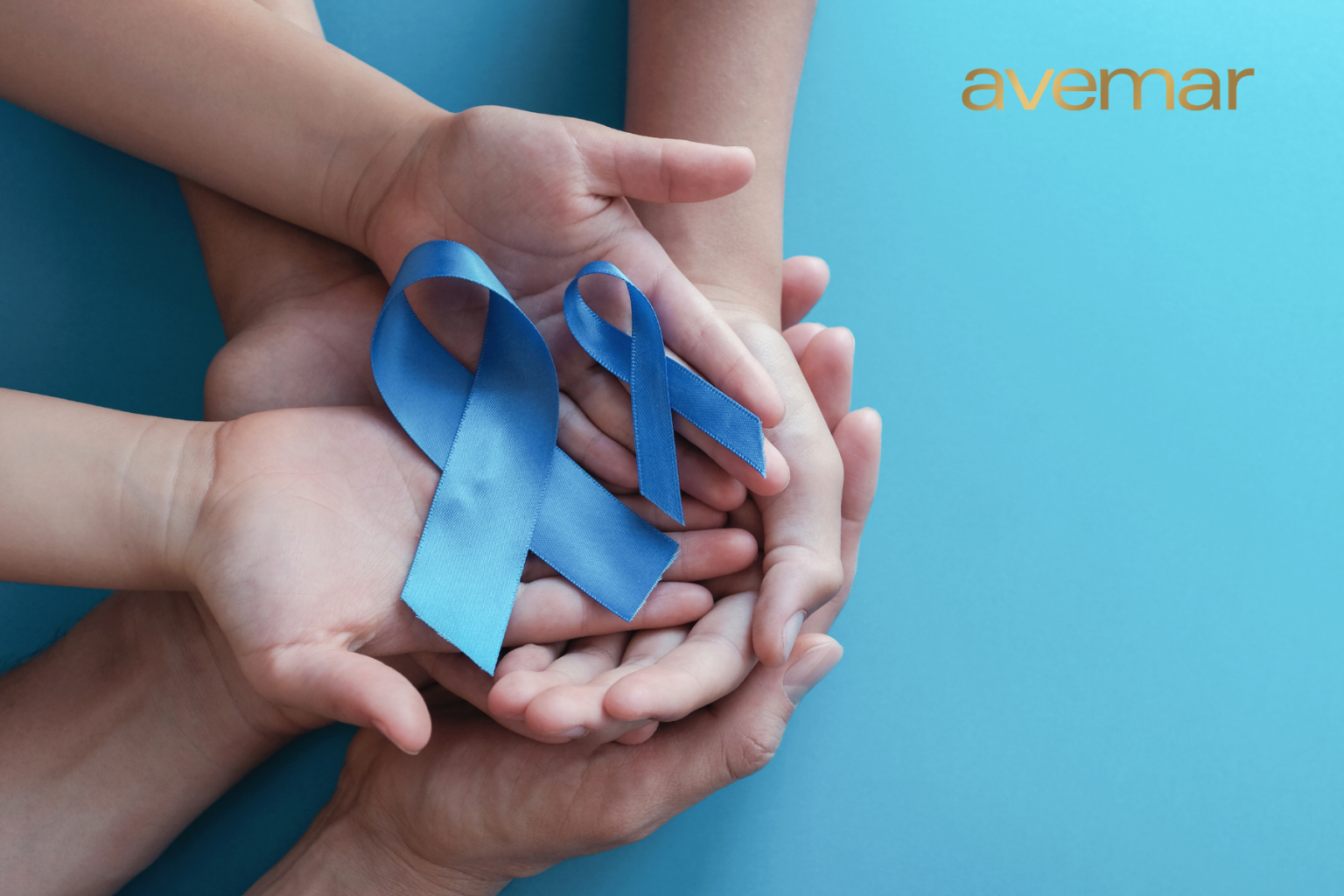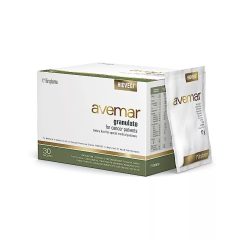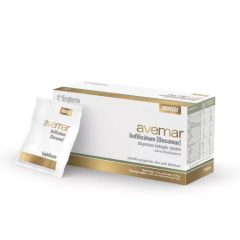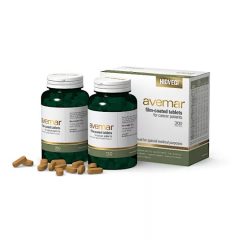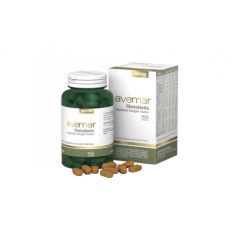While everyone experiences this journey differently, support and information can be valuable for everyone. In this post, we’ll go over how to prepare for treatment, lifestyle changes that may help, and complementary therapies that may be available.
The Role of Early Detection and Regular Screening
Prostate cancer is an insidious disease that often remains symptom-free in its early stages. Therefore, annual screenings are crucial, especially for men over 50, as early detection increases the effectiveness of treatments. The PSA (prostate-specific antigen) test and medical examinations provide a clear picture of prostate health and can alert us to any potential abnormalities.
The PSA test is a simple blood test that measures the level of PSA protein in the blood. A high PSA level doesn’t necessarily mean prostate cancer but does indicate the need for further testing to rule out the disease.
Treatment Options and Complementary Therapies
Primary treatments for prostate cancer include surgery, radiation therapy, and hormone therapy, all of which help curb tumor growth. However, many people seek complementary therapies that naturally support their body during the healing process.
Avemar is a fermented wheat germ extract-based product that can offer support alongside treatments. It may positively impact immune function and support healthy cellular metabolism. It’s essential to note, however, that Avemar does not replace medical treatments but can provide supplementary support to the body in the fight against the disease.
Lifestyle and Nutrition: Parts of the Healing Process
In addition to medical interventions, a patient’s general health and body condition are vital factors in successful recovery. Adopting a healthy lifestyle and diet not only complements but may also enhance the effects of treatments. A nutrient-rich diet, regular physical activity, and maintaining mental well-being can all contribute to the body’s resilience, boosting physical and emotional recovery.
Balanced Diet – What to Include?
During prostate cancer treatment, the body is often subjected to stress and various strains, so a balanced diet aims to support the immune system and promote recovery. The following foods may be especially beneficial:
- Vegetables and Fruits: These are rich in antioxidants, vitamins, and minerals that help reduce inflammation and support healthy cellular function. Cruciferous vegetables (e.g., broccoli, cauliflower) are particularly recommended, as some research suggests they may help protect prostate cells.
- Whole Grains: Whole grains (e.g., brown rice, oats, quinoa) are high in fiber, aiding digestion and supporting cardiovascular health, which is essential for patients' overall well-being.
- Healthy Fats: Foods rich in omega-3 fatty acids, such as fish (salmon, mackerel), nuts, and flaxseed, can help reduce inflammation and support heart health. These fatty acids play a vital role in cellular health, which may also benefit the recovery process.
- Quality Proteins: Proper protein intake is crucial during recovery as it supports muscle maintenance and immune function. Protein sources such as lean meats, eggs, legumes, and plant-based proteins like tofu can be ideal.
Foods to Avoid
During prostate cancer treatment, it’s advisable to avoid certain foods that may burden the body or reduce the effectiveness of treatments. Excessive sugar intake and processed foods—such as ready-made meals, fried foods, and items with artificial additives—can trigger inflammation in the body. Foods high in fat and salt may negatively impact the cardiovascular and kidney health, so limiting them is recommended during treatment.
The Role of Exercise in Recovery
Regular physical activity can be a vital part of the healing process. Research suggests that moderate, regular exercise may help reduce the risk of prostate cancer recurrence and improve overall quality of life. Exercise not only benefits physical condition but also strengthens mental health, helping reduce depression and anxiety.
Recommended activities for those undergoing prostate cancer treatment include:
- Walking and Light Cardiovascular Exercise: Walking, jogging, or low-intensity aerobics can enhance cardiovascular health, helping maintain energy levels.
- Strength Training Exercises: Bodyweight exercises or light weightlifting, such as squats, push-ups, and resistance training, can help maintain muscle strength, which often declines during treatment.
- Stretching and Yoga: Yoga and stretching exercises help relieve stress and improve flexibility, which can be crucial for long-term physical and mental recovery.
Mental Well-being and Stress Management
A prostate cancer diagnosis and treatment can be mentally taxing, making stress management techniques and mental health care essential. Meditation, relaxation exercises, breathing exercises, and guided relaxation can all be effective tools to support mental well-being. Additionally, maintaining close relationships with family and friends, and seeking professional help (e.g., a psychologist) when necessary, can strengthen patients' resilience and coping abilities.
Healing is not just about medical treatments; supporting nutrition, exercise, and mental well-being also plays an essential role in the fight against prostate cancer. Facing the disease, nurturing both body and mind can help patients feel better daily and support their body on the path to complete recovery.
